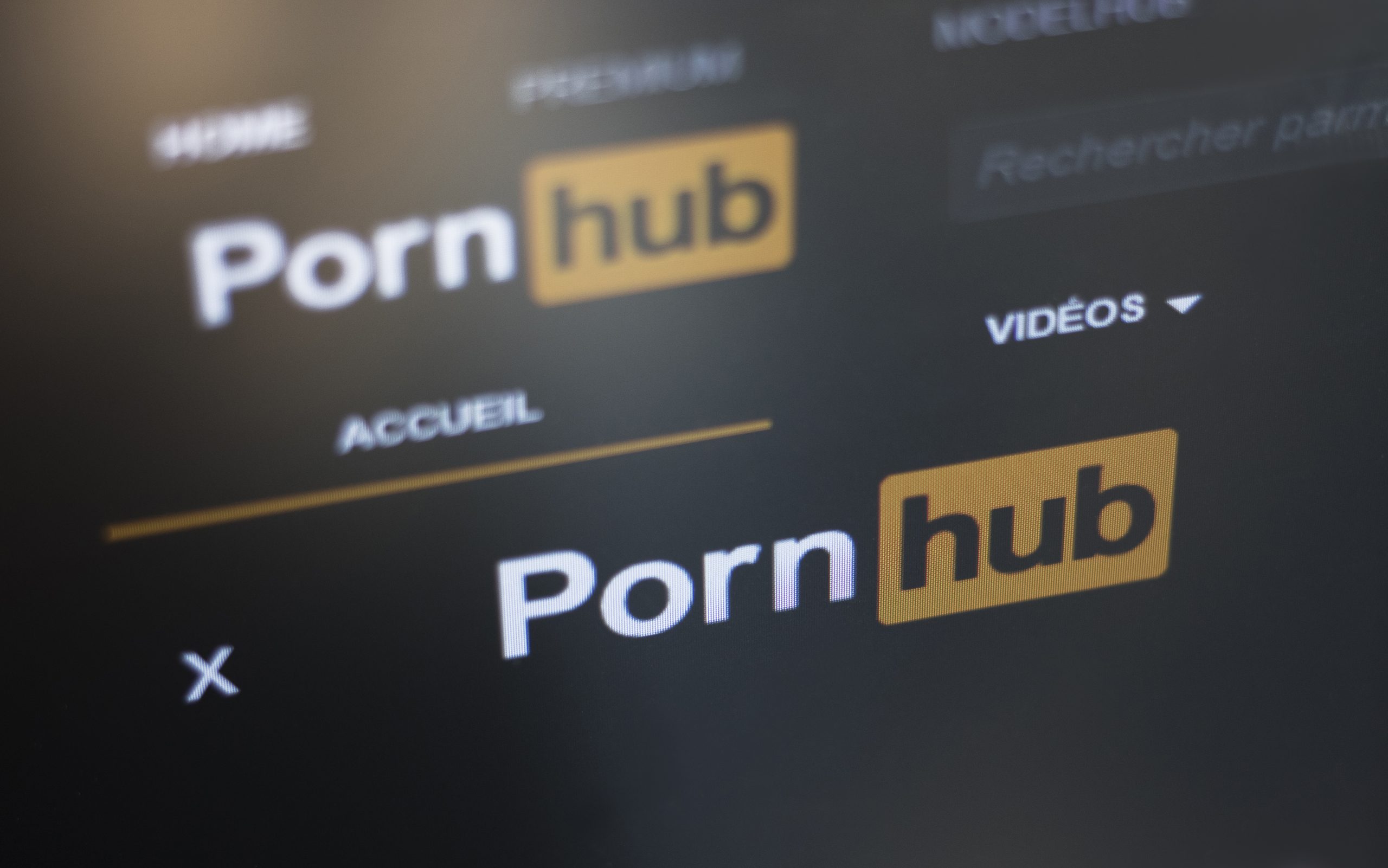The company’s most popular website, Pornhub, faces allegations of hosting abusive content
Content warning: This article covers topics such as sexual abuse and the sexual exploitation of minors.
On Feb. 19, the House of Commons ethics committee heard several survivors’ accounts of being traumatized by Pornhub’s refusal to take down exploitative videos from its website, which included sexual abuse and underage individuals.
The survivors said their traumas were exacerbated due to Pornhub’s continuous refusal to remove such videos. These survivors, living in the United States and Canada, explained how Pornhub, which is owned by Mindgeek, had constantly rejected their pleas for action made through all available channels.
In fact, there are numerous allegations of this kind. For long, Mindgeek has been accused of hosting abusive content, such as rape and exploitation of underage girls. For instance, last January, an Ontario woman initiated a $600 million class-action lawsuit against Mindgeek, alleging she was videotaped being raped as a 12-year-old, and the recording was posted on Pornhub.
On Feb. 5, top executives of Mindgeek testified before the House of Commons ethics committee. In the face of these accusations, they still claimed they run “the safest adult platform in the world right now.”
In 2004, two Concordia graduates, Stephane Manos and Ouissam Youssef, founded an entity in Montreal named “Mansef,” where the main function was to hold links to various free pornographic websites, and sold these assets after six years. After another change of ownership in 2013, this company got its current name Mindgeek, which is most well known for its flagship website Pornhub. Manos and Youssef successfully continued their entrepreneurship journey, and now run Valsef Group — a technology investment group mostly focused on software business. In 2019, they contributed to Concordia’s District 3 Innovation Centre to support the “ANA Avatar XPRIZE” competition.
Mindgeek, the company they once founded and nurtured, continued its impactful journey. In terms of traffic, Pornhub has always remained in the global top list. However, since this past year, Mindgeek has come under significant backlash for different controversies.
Run from a commercial complex on Decarie Boulevard in Montreal — along with its other offices in the United States, Luxembourg and Cyprus — Mindgeek possesses some impressive statistics. According to the company website, every day it has over 115 million visitors and 15 terabytes of content uploaded.
On March 8, 2020, International Women’s Day, a large protest took place outside Mindgeek headquarters in Montreal, as part of a continuous campaign. Similar demonstrations occurred in the same location on Oct. 2, the International Day of Non-Violence.
This protest ultimately turned into a weekly practice, which continued even during the COVID-19 pandemic. Every Tuesday from 3:00 to 4:00 p.m., activists and demonstrators protest outside Mindgeek’s Montreal headquarters. This endeavour is being led by “Stop Exploitation Hub,” a Quebec-based non-partisan and non-religious campaign against Mindgeek.
In early December 2020, The New York Times published a special op-ed which detailed experiences of women victimized by this website, as it continued monetization on content depicting child rape, and revenge pornography (when someone publicizes intimate photos of their former partner without their consent).
Some of them narrated how videos depicting them being raped as an underage girl were never removed from the website, even after years of requesting Pornhub to take them down.
On Dec. 4, 2020, after being asked during his regular press briefing, Canadian Prime Minister Justin Trudeau expressed his deep concern over the issue and stated that the government would continue to work with its law enforcing agencies to tackle it.
After a week, a motion was unanimously passed in the parliament, asking senior officials of Mindgeek to testify regarding recent allegations before the House of Commons ethics committee, which ultimately happened on Feb. 5, 2021.
A crucial development occurred on Dec. 10 2020, when Mastercard and Visa announced that they had started blocking their customers from using their credit cards to make purchases on Pornhub, due to the presence of unlawful content on the site (Paypal enforced similar blocking in 2019). These steps by online payment giants have been hailed by anti-pornography activists.
Consequently, Mindgeek announced some policy changes on their end: suspending uploads and downloads from all non-verified users and deleting millions of non-verified videos — which were nearly 80 per cent of its hosted content. Mindgeek has announced that it is implementing a standard third-party system, Yoti, for user identity and age verification.
Enforcing age verification for adult sites has been a long demand of the activists. Online age-verification technologies — ID document or face-based verification for anyone accessing the site — which are commonly used in some countries to verify people intending to buy age-restricted products (such as alcohol, weapons, banking services), are now getting more sophisticated through artificial intelligence.
In 2017, the UK became the first country to legislate mandatory age verification of adult sites. A similar bill is currently under consideration in Canadian parliament. German authorities are currently working with Microsoft to develop a “globally unique” AI process to combat child pornography.
Rapid emergence of digital technology during the last two decades has obviously increased the availability of pornographic contents. However, such tech tools can be utilized to curb the damaging consequences of pornography as well.
Choosing a balanced approach is crucial in this regard. One good example can be how Tumblr (a popular American social networking platform) banned all sorts of adult content in 2018 after discovering uncontrollable presence of child pornogrpahy in their site.
While Mindgeek focuses on surviving amid their current challenges, the Ethics committee will continue to hold hearings to prepare a recommendation report for Parliament on if, and how, Ottawa should intervene in the issue.
Disclaimer: Azfar Adib is a recurring volunteer with “Stop Exploitation Hub.”
Photograph by Christine Beaudoin
